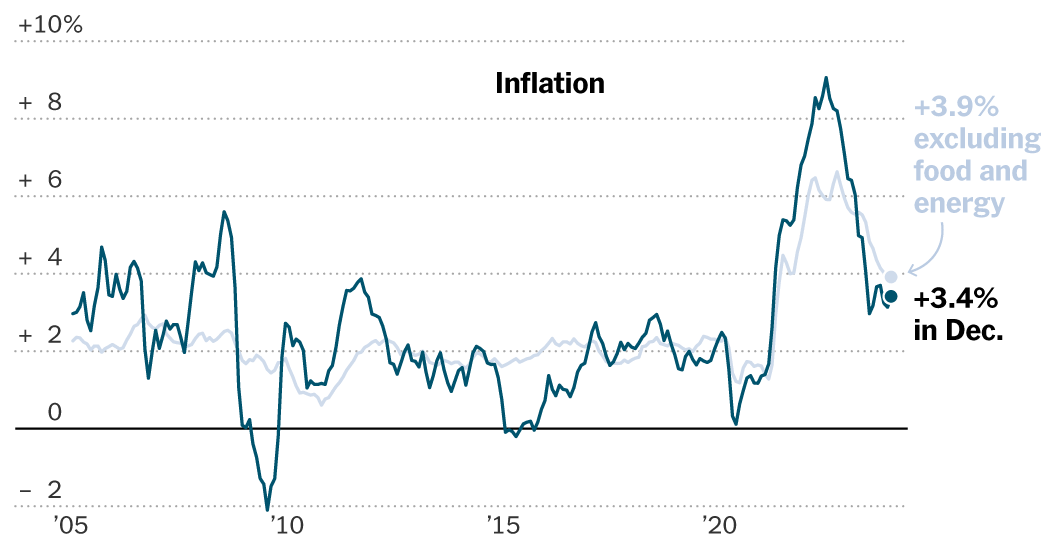inriver is a Business Reporter client.
In today's dynamic, sustainability-focused retail landscape, companies find themselves at a crossroads. As consumers increasingly prioritize green options and new regulations are reshaping the industry, organizations must plan and act strategically to remain compliant and competitive. This article explores the imperative shift towards circular business models and highlights the critical role of product information management (PIM) software, such as that developed by inriver, in driving sustainability efforts.
The retail paradigm shift
As sustainability takes center stage, consumer behavior is undergoing a notable transformation. More than a third of buyers surveyed have reported a change in their purchasing habits, with nearly 30 percent opting for sustainable products more frequently. This shift is not simply a trend but a reflection of a broader movement toward ethical and environmentally conscious decisions.
To thrive in this evolving landscape, companies must adopt long-term thinking, especially when it comes to manufacturing transparency. Decision makers are now tasked with making decisions on materials, components and production processes that align with circular principles, emphasizing reuse, repair and recycling throughout a product's lifecycle.
The circular path of the product and the role of the PIM
At the center of this transformative process is the product information journey. Each stage, from idea to end-of-life, requires recalibration to meet the demands of a circular product life cycle. This is where product information management (PIM) emerges as the focus.
PIM drives circularity at every stage of a product journey, from initial design and sourcing to manufacturing practices, distribution, customer acquisition and, crucially, beyond the point of sale. Understanding the importance of product data is just the starting point. The next critical step is to transform this data into clear, actionable, and comprehensive product information that delivers value throughout the entire lifecycle.
The regulatory landscape
A number of sustainability regulations have been introduced globally in recent years, from the European Union's Waste and Electrical Equipment (WEEE) directive to California's Proposition 65 and France's Reparability Index. However, the impending Digital Product Passports (DPP) are the most comprehensive legislative intervention to date.
The DPP is a unique “digital twin” for each physical product. It serves as a secure digital record that encompasses production, transaction and sustainability data throughout a product's lifecycle. End users can access this information, including details about relevant parts and components, via a QR code or similar identifier attached to the physical product.
The strategic value of digital product passports
Beyond enabling regulatory compliance, DPPs are a potential game-changer for companies. Transparency in supply chain data not only positions companies to comply with current regulations, but also prepares them for more stringent future requirements. There are potential cost and business risk implications for companies that lack a transparent supply chain.
DPPs are praised for their ability to enable traceability and responsible practices. By providing consumers with information about the environmental impact of their purchases, brands and manufacturers can turn regulatory requirements into a framework for transparent manufacturing practices. This encourages greater responsibility towards a sustainable future in a collaborative way.
Earning with PIM: the inriver advantage
Central to this transformative journey is product information management (PIM) software, and inriver emerges as a solution designed to meet the evolving needs of enterprise brands and manufacturers. Inriver, a PIM system that can centralize, standardize, and distribute complex product catalog data, represents a smart business investment, especially for enterprise-level entities.
inriver's strength lies in its focus on flexibility and extensibility, critical attributes for supporting complex product attributes and relationships. Software was built with these capabilities long before sustainability use cases emerged. Additionally, inriver is committed to continuous development and innovation in response to changing business needs, making it a strategic choice for businesses looking to stay ahead in the rapidly changing retail landscape.
The essential business investment
For enterprise brands and manufacturers, a PIM capable of consolidating product information from source to end-of-life and recycling is no longer a luxury but a necessity. The introduction of PIM can revolutionize product data management, support DPP compliance, and transform marketing and sales strategies to align with sustainability goals.
Companies should consider PIM not as a future investment but as a strategic move that must be started today. To future-proof operations, an extensible product data platform capable of accommodating and adapting to new product attributes in a scalable and automated manner is critical.
Navigating the future
Companies must be able to successfully navigate towards the sustainable future. Circular business models, regulatory compliance and the transformative power of PIM are fundamental to this, and inriver stands out as a solution designed to meet the complex challenges of the modern retail landscape. As retail continues to evolve, companies that invest in sustainability, transparency and flexible data models today will be better positioned to thrive in the unpredictable future ahead.
For more information please visit www.inriver.com.









